Bringing Up Children
BRINGING UP CHILDREN
The aim of family education is to foster the development of each child’s talent and potential. Education always requires dedication, self-sacrifice and thinking about the person to be educated. The best inheritance we can leave our children with is the ability to stand on their own and develop evenly through life.
Friendship
In many years of tutoring 12-14 year-old girls, I found out that they strongly tend to assert their independence, in thought and deed. Parents must therefore be flexible, alert, open and responsible to train children in full freedom and responsibility.
One day chatting with one of them, she showed me a letter to her parents. It read:
Dear mom and dad,
I would like to thank both of you for being my parents. You have been able to take me the way I am, with my ill temper and my needs. I sometimes wonder why you do it. One thing I am grateful for, is that you are the best parents in the universe. Mom, I am happy with you, I admire your courage and strength and how ready you are to go through many ups and downs. Always with a smile you tell us “Life must go on”. Do you remember the discussion we had together? It opened my eyes and made me know that you are a real friend to me. Mum and Dad, let me be blunt and tell you that you are overprotective. Sometimes you make me feel that you don’t trust me. You still consider me your little baby. You still want to choose my friends for me and do not listen to my opinions or suggestions. When my friends invite me for a birthday party you always say “No”. You keep on taking me to your “chamas” which bore me to death. Mom, I really want to be with my friends. You have made several negative comments about them, which I’m not happy about. Worst of all you are scared about my mixing up with boys. Why did you chase away Tom when he came home? He was only returning my pencil case. How would you feel if I shouted at your friends? Mom, I think I need another chat, this time about me and my friends.
Mom, do you really love me? It hurts me when you compare me with my sister. “How come your sister is orderly and finishes house work on time?” I am sick of hearing this kind of statement.
Dad, I don’t have much to say to you, you rarely talk to us, you are always glued to your television, reading newspapers or out with your clients. My relations with you are reduced to bus fare, school matters and pocket money. Most of the time you only say “Go and study, you know the future is harsh”. Any discussion with you ends up in your dictating what I should do. Thank you Dad, but note that you miss out on many things that happen in the family when you are away.
Your daughter,
Elizabeth
Does this story or some of the things mentioned here sound familiar? How do we as Parents relate with our teenage children? Which challenges do we meet as parents, and as teenagers? Which values have we taught our children to consider when choosing friends? How do we speak to our children? Is there room for parents to be listened to and for teenagers to be listened to as well? Does each member of the family participate in the different activities within the family? Are we friends in our family? Can a mother/father confidently talk to their children, and can children confide in their parents as they would in a friend they trust? How can we improve as a family? Read this book to learn more about authority as service, building our children’s character, management of money, media devices and platforms, time, freedom and responsibility, and many more.
*A Chama is an informal cooperative society that is normally used to pool and invest savings by people in East Africa, and particularly Kenya. The chama phenomenon is also referred to as "micro-savings groups". (Source, wikipedia.org)


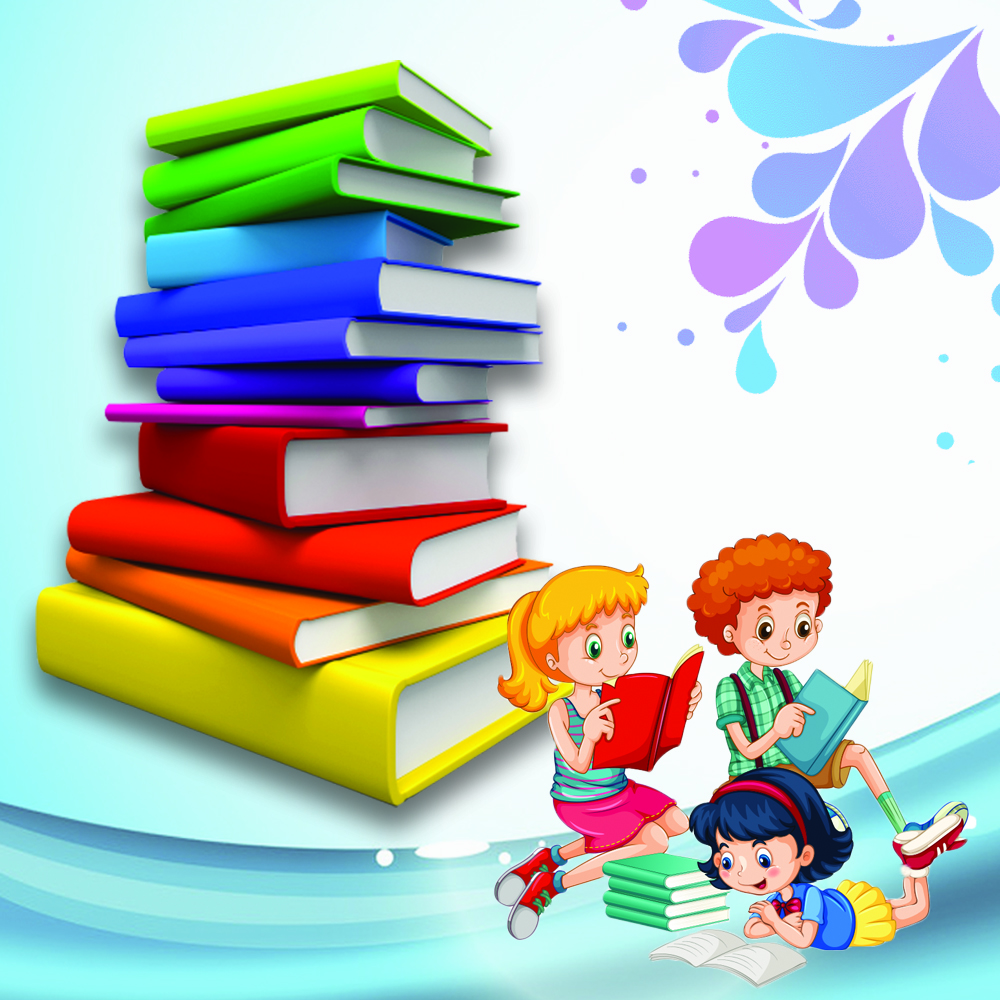
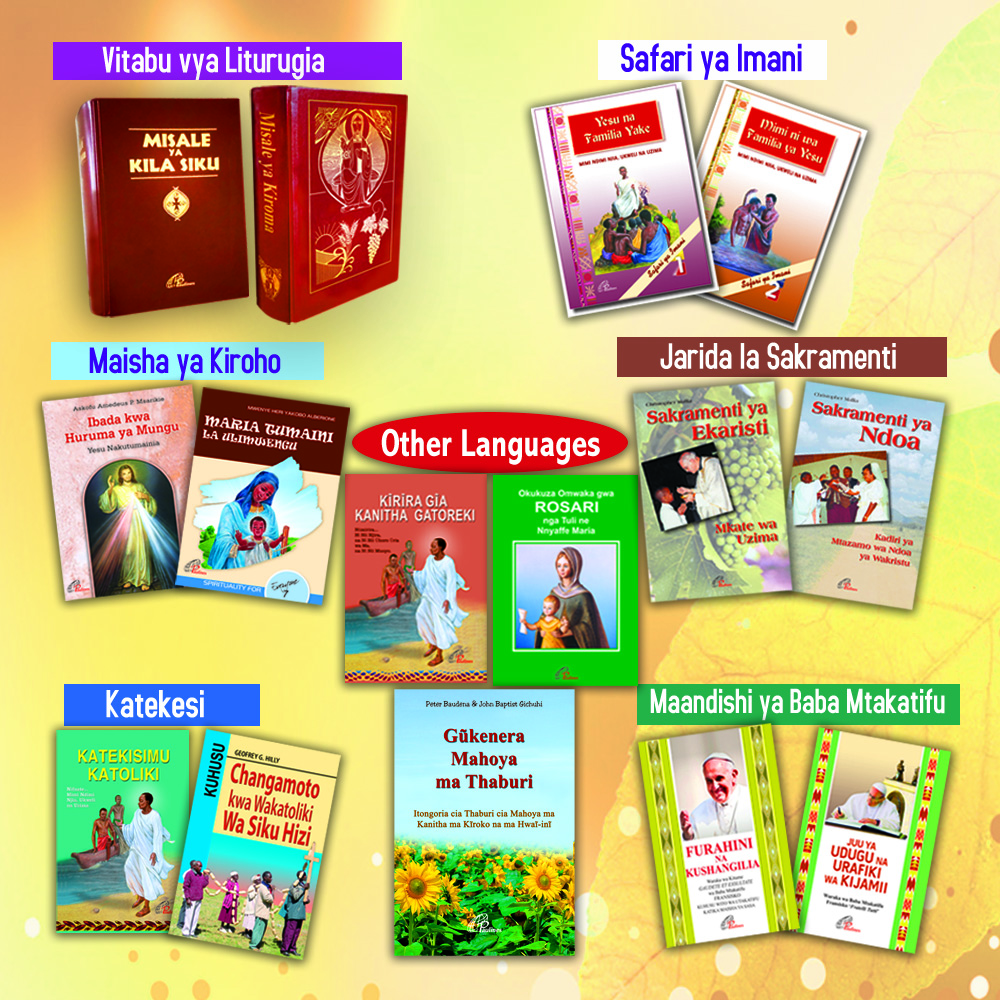




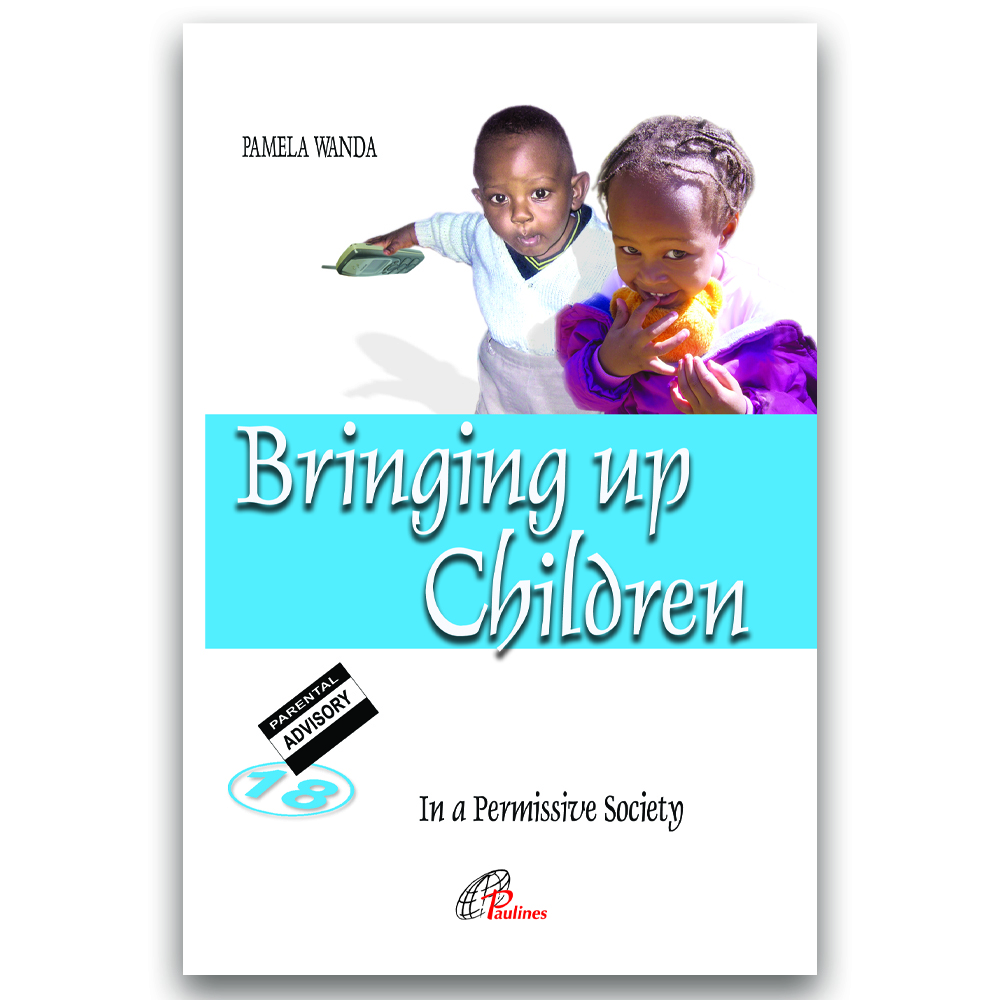


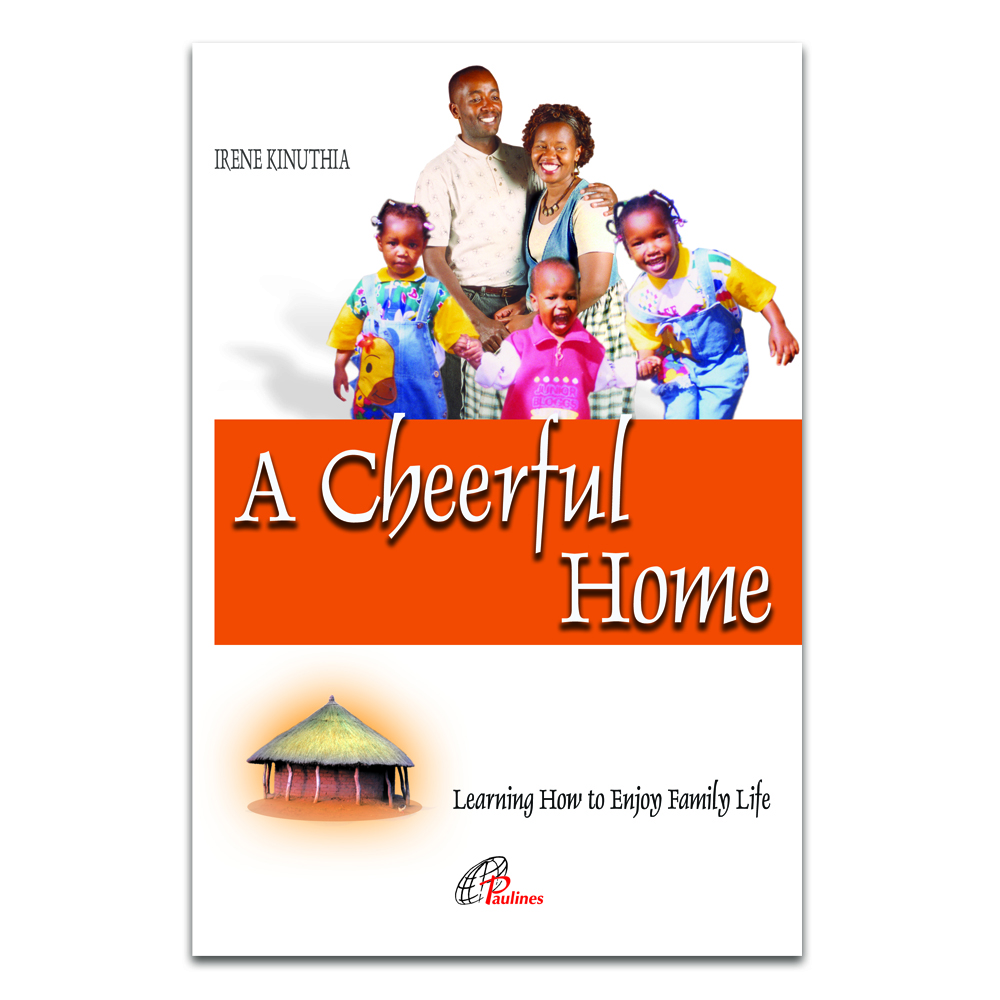
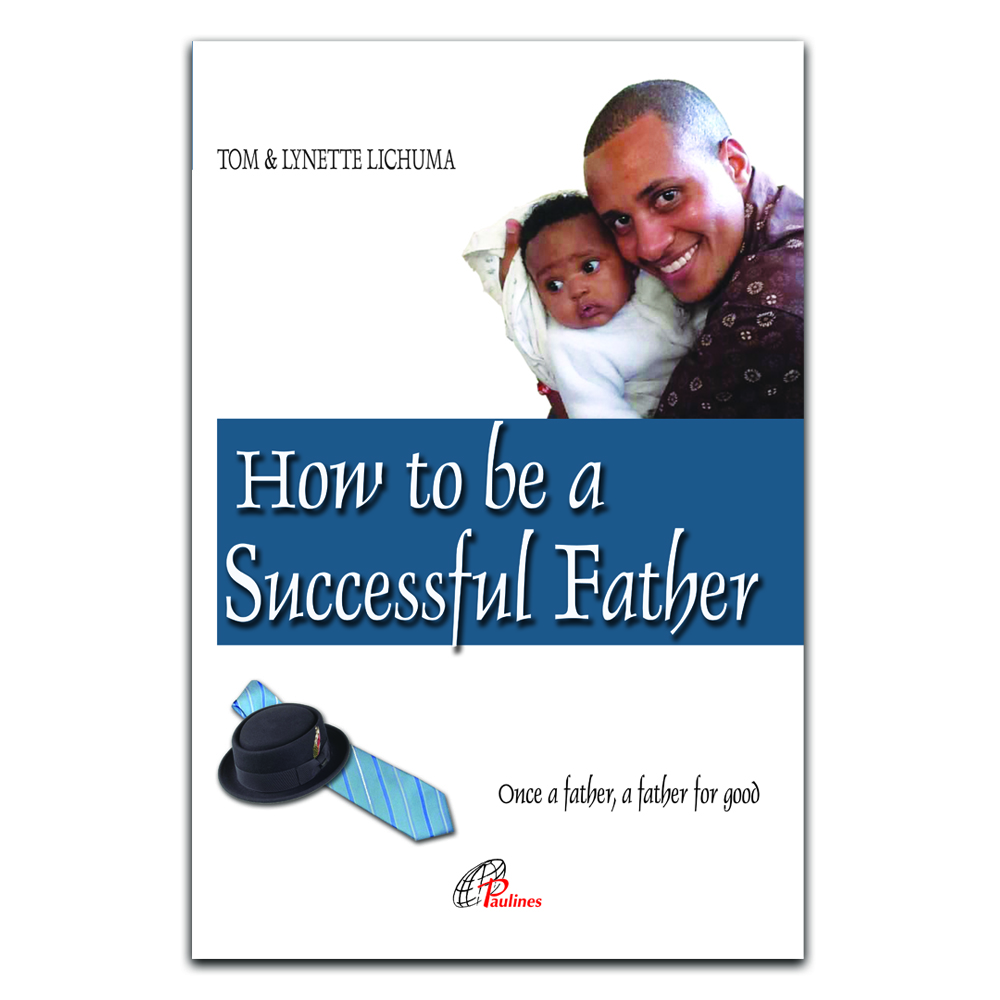

.png)